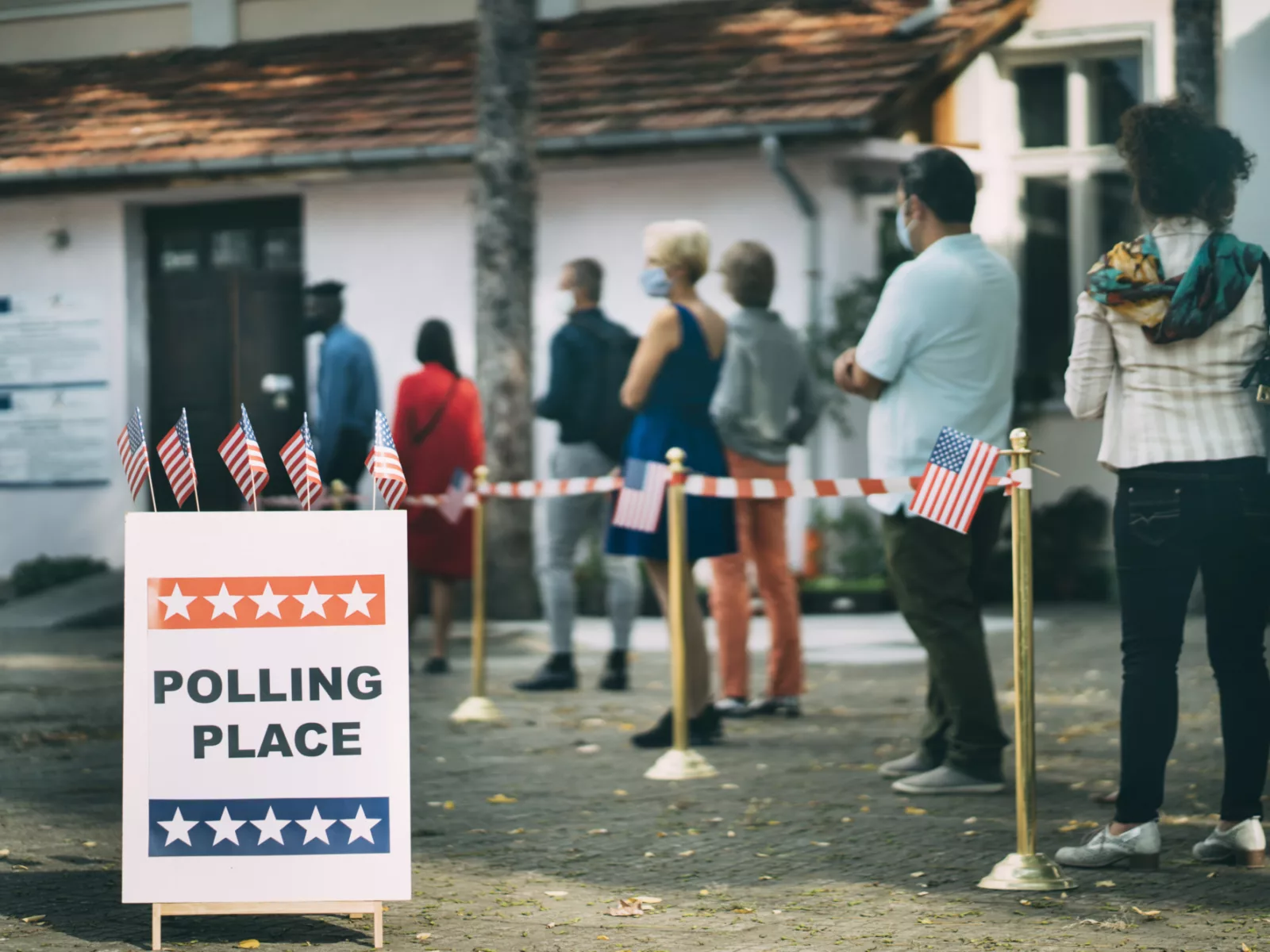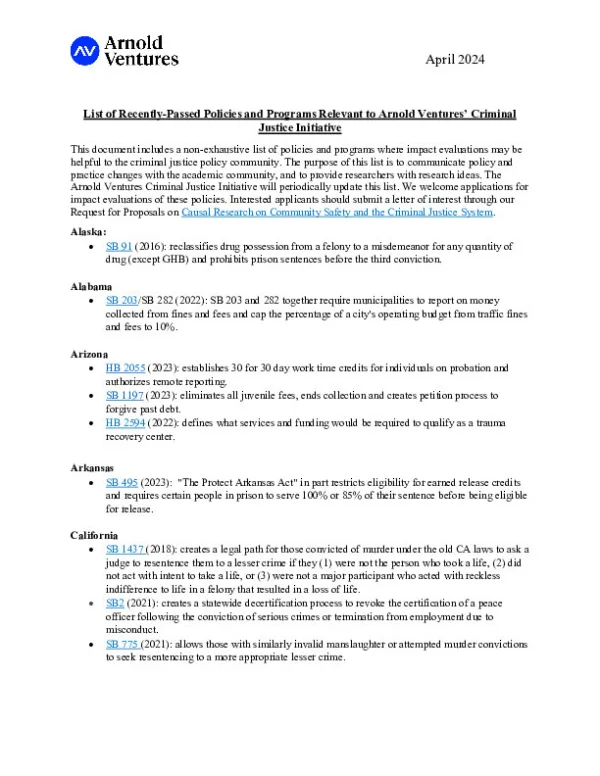Fair and Effective Policing

Research is clear that we need more and better policing. Rigorous causal research has shown that police deter crime, and that effective deployment results in better outcomes.
With their power comes responsibility. Police should act with reverence for the lives, and dignity, and rights of all persons, regardless of race, ethnicity, identity, or economic status, and they should be held responsible when they fall short of these ideals.
Laws and policies should not allow a police officer to harm or kill a person, or violate their rights, with impunity. Yet a patchwork of outdated policies allow officers to use force, even lethal force, in instances where there is no necessity. Burdensome complaint processes discourage harmed persons from coming forward, and officers who do have records of serious misconduct are able to move from one department to another. Meanwhile, a lack of publicly available data makes it difficult for community members and policymakers to have meaningful insight into departments’ use of force records, traffic stops, and misconduct complaints.
We aim to increase the accountability of law enforcement to their communities, particularly Black, Brown and Indigenous people, through policy changes that reduce or eliminate structural barriers to reform. Our goals are to strengthen the regulation of law enforcement through use of force standards, officer certification and decertification standards, and data reporting and transparency requirements. We also aim to remove provisions found in collective bargaining agreements and law enforcement officer bills of rights that inhibit accountability. We will work to better understand the relationship between misconduct and law and policy, support research to close those gaps, and engage with policymakers at the federal, state, and local levels; and help pilot, evaluate and scale innovations that strengthen accountability and transparency.

Right Now
We’re working on…
Stories
See all










